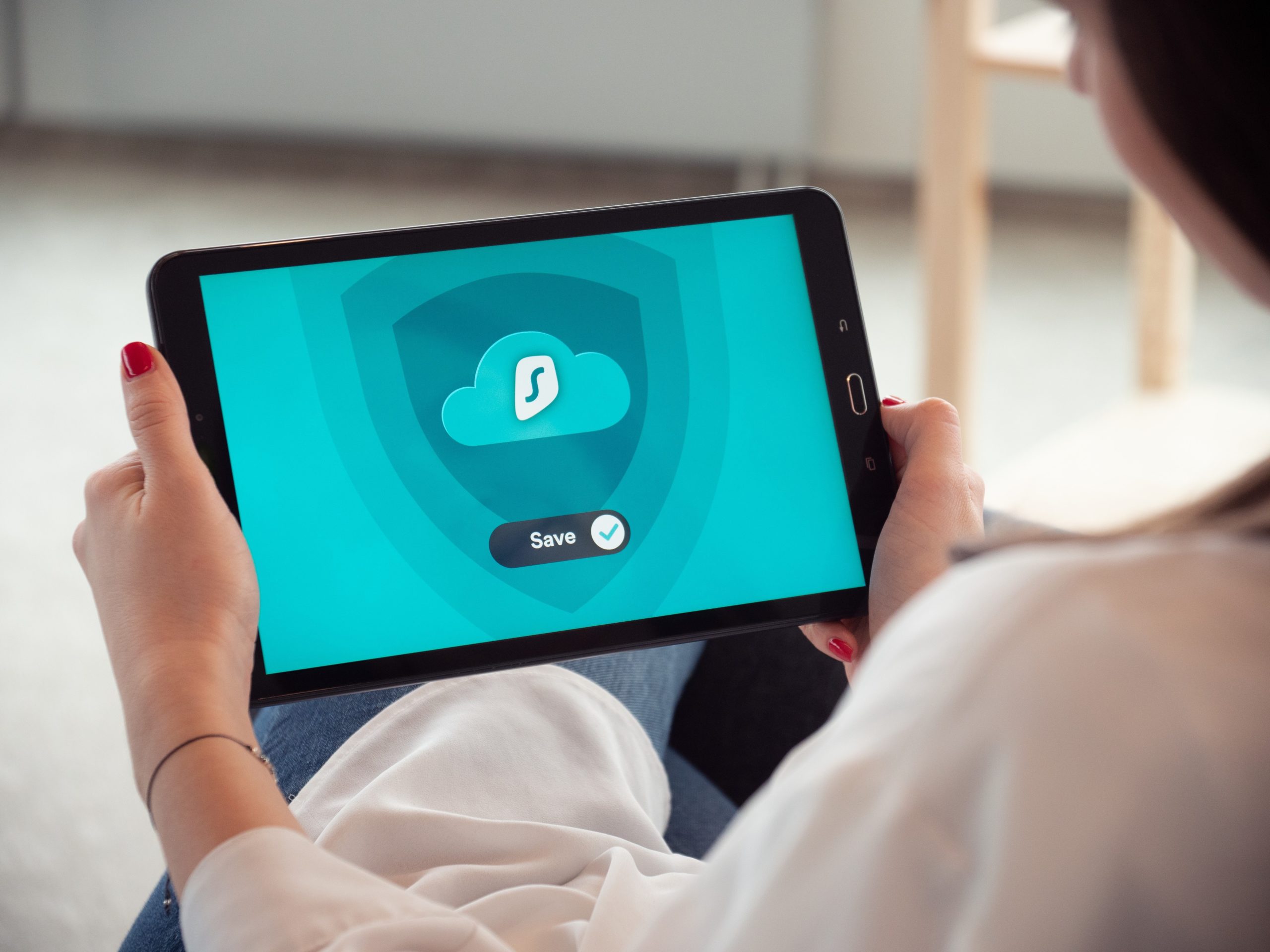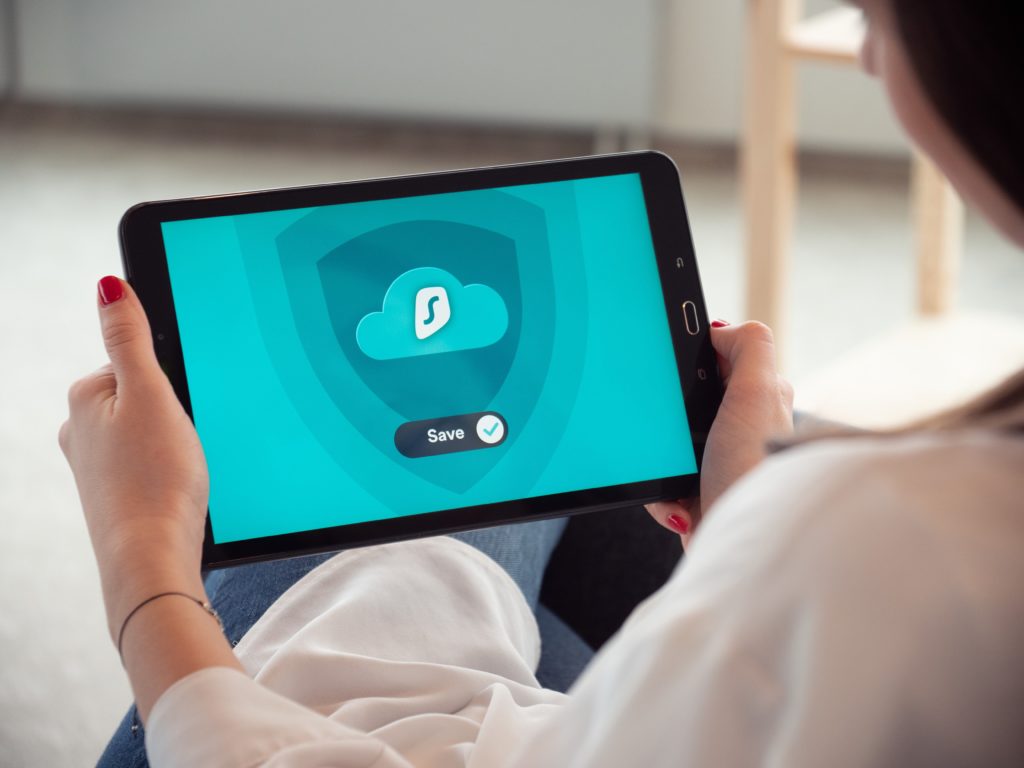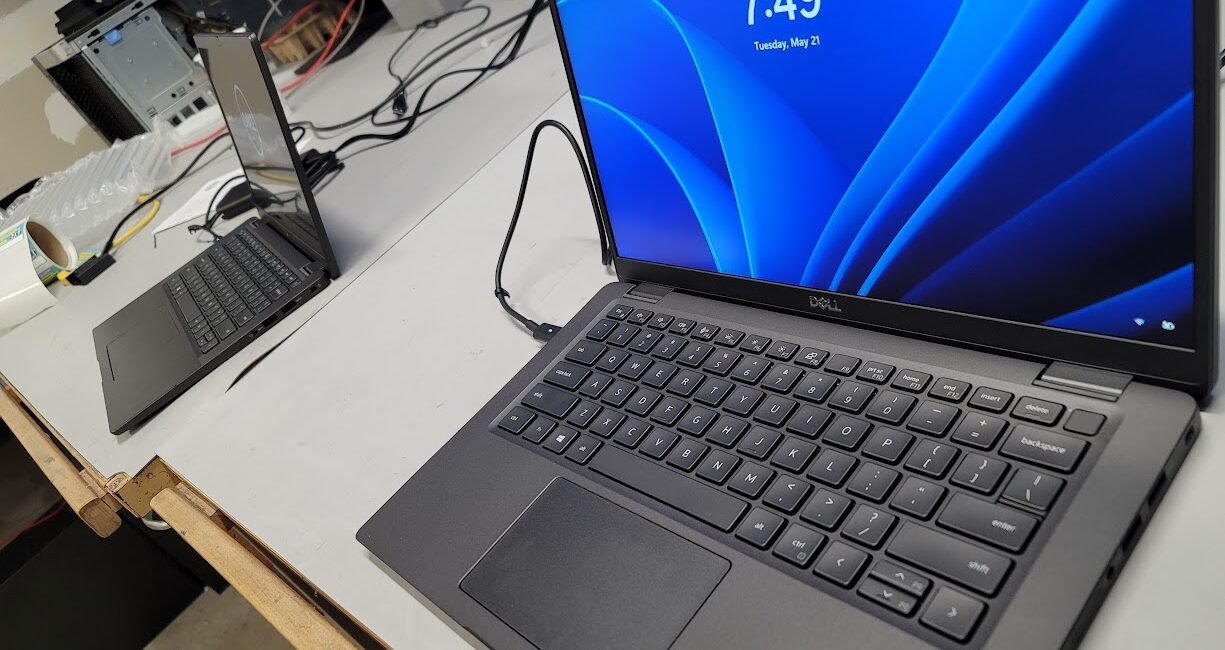
- March 3, 2023
- Growth Mode Tech
- 0
Virtual Private Networks (VPNs) are a powerful tool for ensuring online privacy and security.
VPNs work by creating a secure, encrypted connection between your computer and a remote server, allowing you to browse the internet with greater privacy and anonymity. In this blog, we’ll explore how VPNs work, the technologies involved, and the benefits they provide.
What is a VPN?
A Virtual Private Network (VPN) is a network technology that allows you to create a secure, encrypted connection over the internet. A VPN connects your computer or other device to a remote server, creating a “tunnel” through which all your internet traffic flows. The encrypted tunnel provides a secure and private connection that protects your online activity from prying eyes.
How Does a VPN Work?
VPNs use a combination of encryption and tunneling to provide a secure connection between your device and a remote server. Here’s a breakdown of how VPNs work:
Encryption:
When you connect to a VPN, all your internet traffic is encrypted using a protocol such as OpenVPN or IPSec. Encryption scrambles your data so that it cannot be read by anyone who intercepts it. This makes it virtually impossible for hackers, government surveillance agencies, or other third parties to spy on your internet activity.
Tunneling:
Tunneling is the process of encapsulating your data within a new data packet, which is then sent through the encrypted VPN connection to the remote server. The remote server then decrypts the data and sends it out to the internet. This process allows you to browse the internet securely and privately, as your internet traffic is routed through the encrypted tunnel.
Remote Server:
VPNs use a remote server to act as an intermediary between your device and the internet. The remote server can be located in any country, and you can choose which server to connect to depending on your needs. When you connect to a remote server, your IP address is changed to match the location of the server, providing additional privacy and anonymity.
Why Use a VPN?
VPNs provide a number of benefits, including:
Privacy and Security:
VPNs provide an extra layer of security for your online activity, making it more difficult for hackers, government surveillance agencies, and other third parties to spy on your internet activity.
Access to Geo-Restricted Content:
VPNs allow you to access geo-restricted content from anywhere in the world. By connecting to a remote server in a different country, you can bypass geographic restrictions and access content that might otherwise be blocked in your region.
Anonymity:
VPNs provide anonymity by hiding your IP address and encrypting your internet traffic. This makes it more difficult for third parties to track your online activity.
Conclusion:
In conclusion, VPNs are a powerful tool for ensuring online privacy and security. By creating a secure, encrypted connection between your device and a remote server, VPNs provide a private and anonymous browsing experience. With the increasing risk of cyber attacks and the need for privacy and security online, VPNs have become an essential tool for businesses and individuals alike.

Looking for a class to teach your team how to use a specific program?
Growth Mode Technologies is now offering courses to get you and your team comfortable with different computer programs! You can find our more information about these courses and more on the Training Classes Page.



